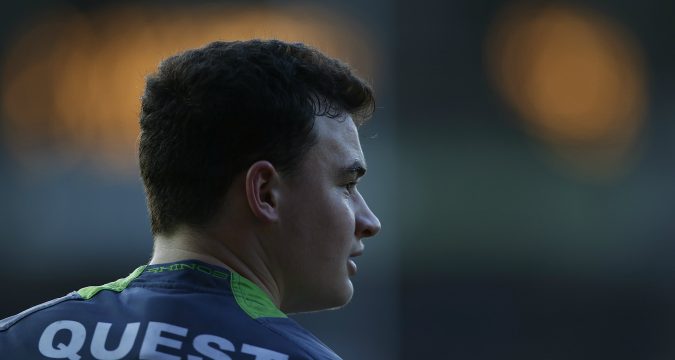 On Sunday, Featherstone and Halifax put on a classic bout at the Big Fellas Stadium, with a last minute penalty giving Halifax a 20-19 victory over Rovers in a thrilling advertisement for the Championship.
With three minutes to play Rovers had taken the lead thanks to a stunning 40-yard drop-goal by none other than Leeds Rhinos playmaker Jordan
On Sunday, Featherstone and Halifax put on a classic bout at the Big Fellas Stadium, with a last minute penalty giving Halifax a 20-19 victory over Rovers in a thrilling advertisement for the Championship.
With three minutes to play Rovers had taken the lead thanks to a stunning 40-yard drop-goal by none other than Leeds Rhinos playmaker Jordan Dual-registration – time for an end?
 On Sunday, Featherstone and Halifax put on a classic bout at the Big Fellas Stadium, with a last minute penalty giving Halifax a 20-19 victory over Rovers in a thrilling advertisement for the Championship.
With three minutes to play Rovers had taken the lead thanks to a stunning 40-yard drop-goal by none other than Leeds Rhinos playmaker Jordan
On Sunday, Featherstone and Halifax put on a classic bout at the Big Fellas Stadium, with a last minute penalty giving Halifax a 20-19 victory over Rovers in a thrilling advertisement for the Championship.
With three minutes to play Rovers had taken the lead thanks to a stunning 40-yard drop-goal by none other than Leeds Rhinos playmaker Jordan 